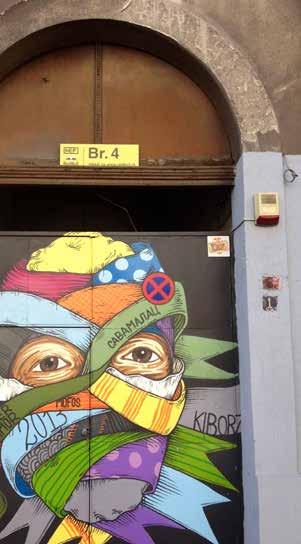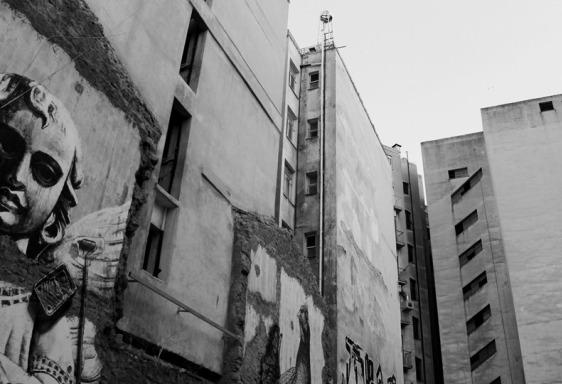
1 minute read
Where
Condition of implementation
1
Advertisement
Cities with no resources and unclear urban policies
The program acts in different cities where cost cutting policies do not guarantee enough resources for the intervention on urban open space. In the past experience, the program focused on Balkan cities where radical social and economic changes leaded in the last decades, to a rapid growth and an increasing degradation of their public and open spaces. In absence of institutional intervention, Balkan cities developed a vibrant pattern of spontaneous bottom-up projects, but they often lack of resources, visibility and effectiveness, and they are anyway not enough to supply the strong demand for quality public and open spaces. Similarly to Balkan cities, many countries cities are seeing their budget shrinking, and strong incentives to focus on strategic cost-effective interventions. Reclaiming the public in left-over spaces is an interesting model to operate in these contexts, by proposing a strategy that optimises the result by establishing new partnerships within residents, public and private sector.
2
Cities with community problems
The main objective of Reclaiming the public is to enhance the daily life of people living in cities, by improving the quality of the surrounding open space. This environment requalification not only affects the individual life but above all their sense of community. Even cities with a strong background in public realm management, and good financial resources, are sometimes facing issues related to sense of exclusion and isolation in particular areas that might lead to anti-social behaviours/ safety issues/ conflicts. The Co-Creation strategy developed by Urbego can offer a way to tackle these issues by answering properly to community needs, by redefining the sense of belonging of residents to their neighbourhoods and reinventing their relationship with the cities they are part of.


3
Innovative cities
Reclaiming the public is offered as a tool to every community in every city that wants to develop new strategies of intervention in the open space. It promotes a new way to work on the public realm, with citizens taking direct action in transforming and taking care of the cities where they live.

